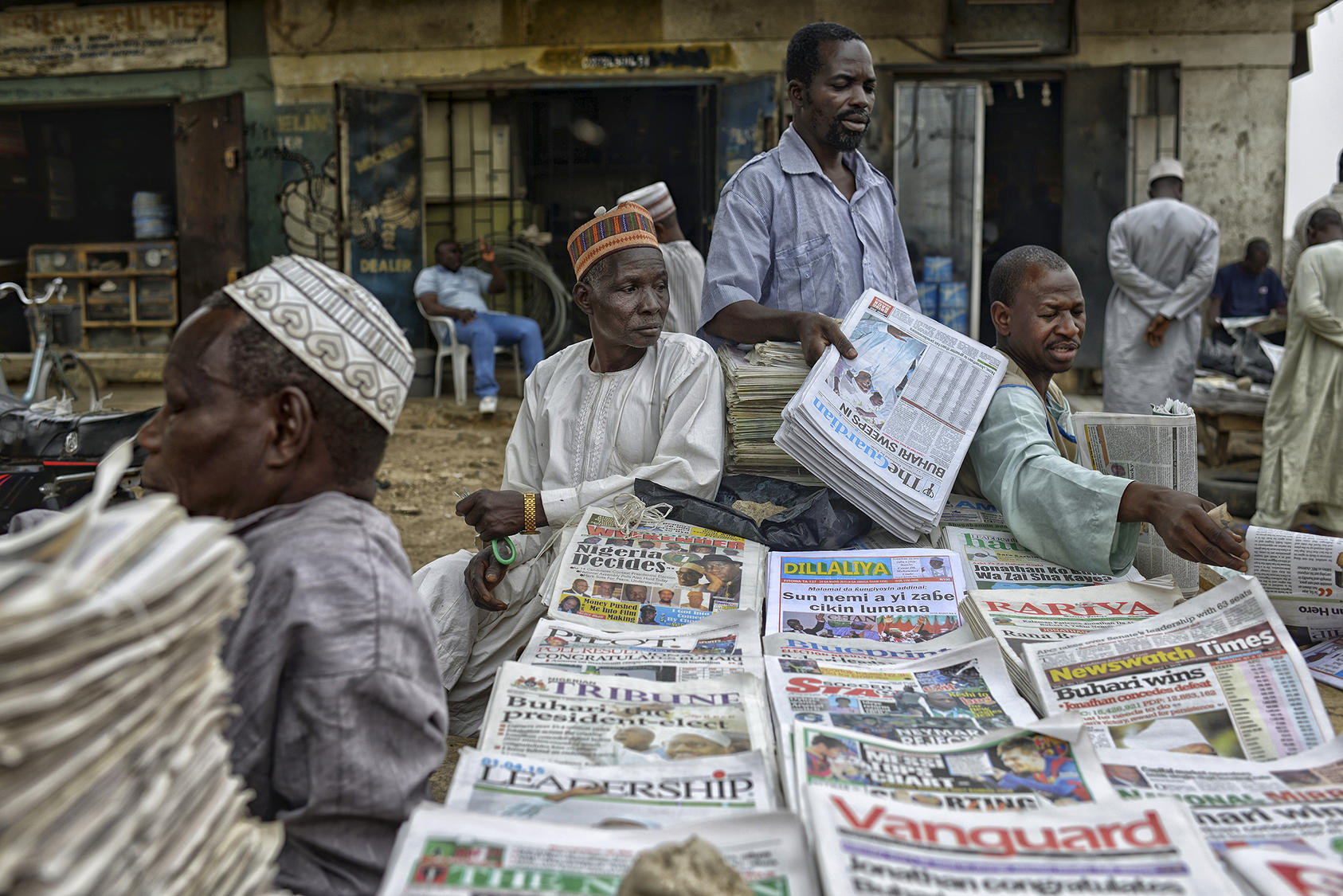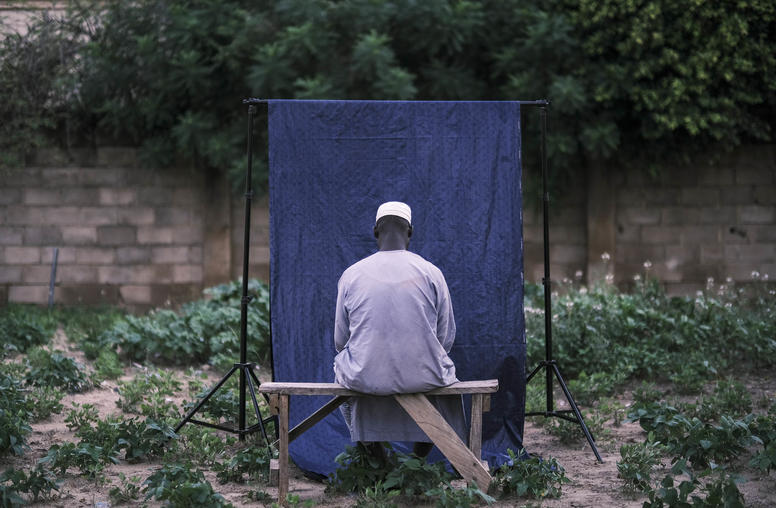Achieving Peace in Nigeria
A Twitter Event
Nigeria’s varied conflicts weaken internal security and affect stability in the Lake Chad Basin and the Sahel region. The continued displacement of people due to the ongoing Boko Haram insurgency in the northeast, a surge in deadly pastoralist-farmer conflicts across central Nigeria, long-running militancy in the Niger Delta, and the re-emergence of separatist agitation in the southeast are all at the backdrop for national elections scheduled for February 2019.

Building peace is a challenge we should all accept; how do you think we can achieve peace in your community and in Nigeria? On September 21, USIP held a Twitter chat on the International Day of Peace to participate in the #PeaceDayChallenge.
Participants
Idayat Hassan (@HassanIdayat)
Director, Centre for Democracy and Development
Samson Itodo (@DSamsonItodo)
Executive Director, YIAGA - Africa
Chris Kwaja (@c_kwaja)
Senior Advisor, U.S. Institute of Peace
Oge Onubogu (@OgeOnubogu)
Senior Program Officer, U.S. Institute of Peace
Nkasi Wodu (@WoduNkasi)
Peacebuilding Program Manager, Foundation for Partnership Initiatives in the Niger Delta (PIND, @PINDFoundation)
Y.Z. Ya'u (@YZYau)
Director, Centre for Information Technology and Development (CITAD, @CITAD3)
(Note: This is a public Twitter chat that is open to participation by anyone.)



